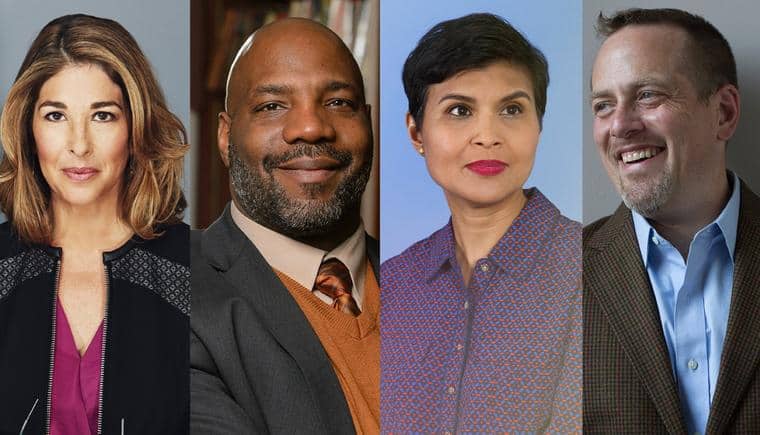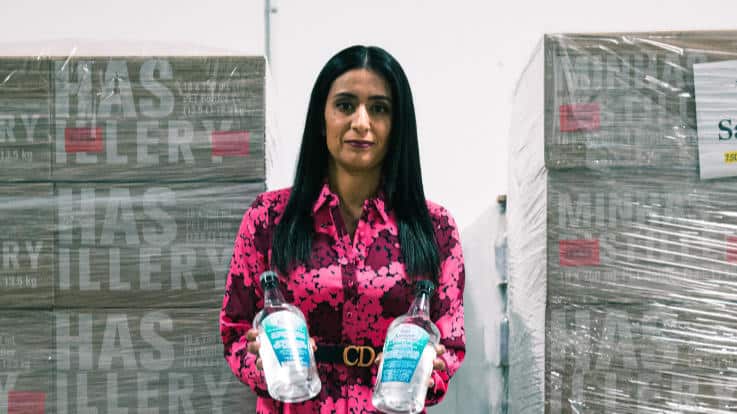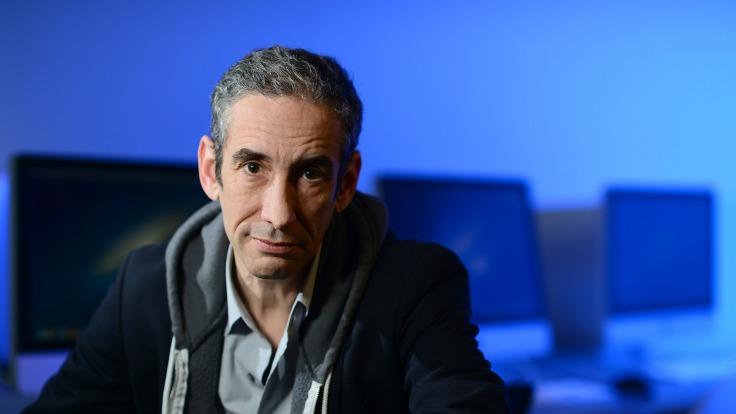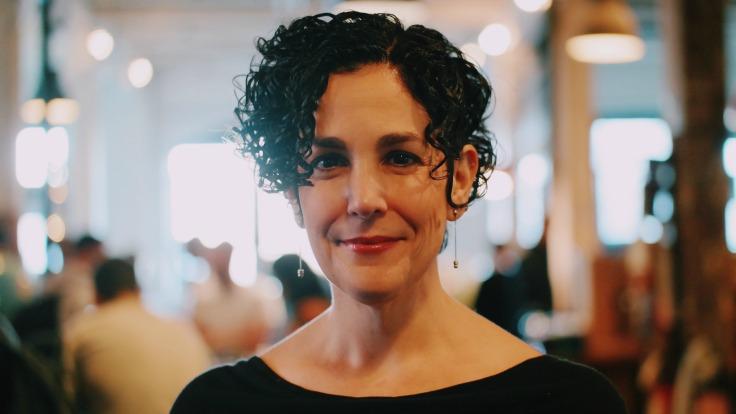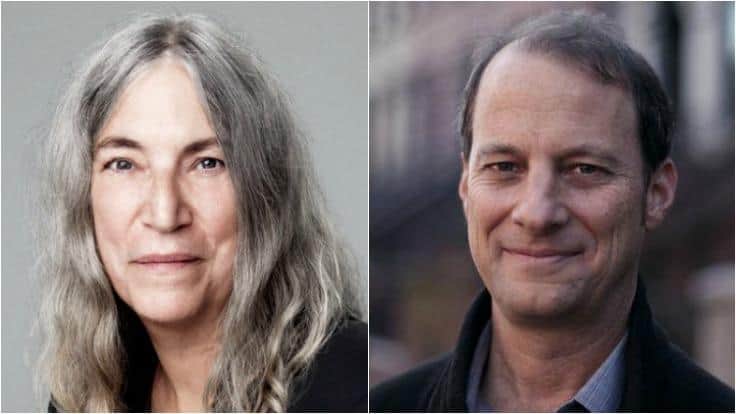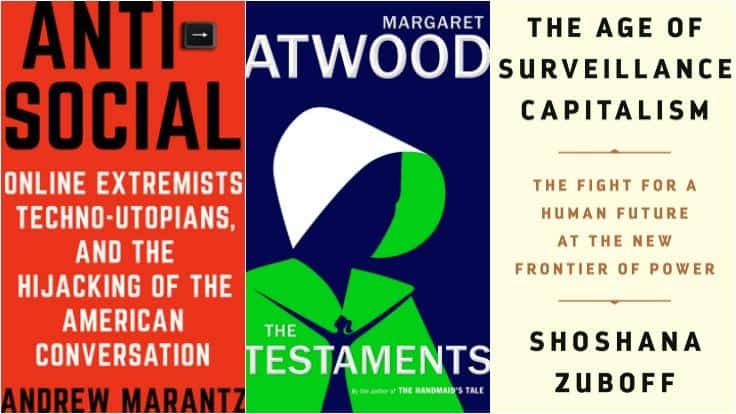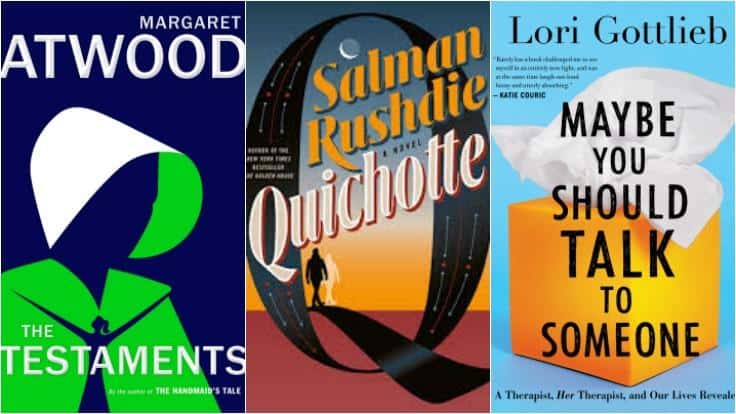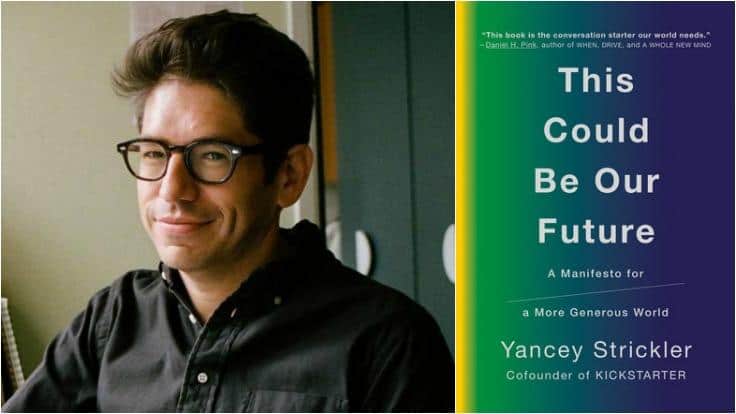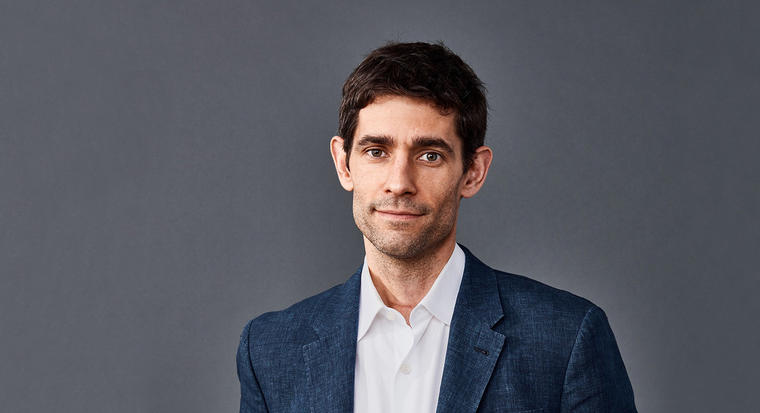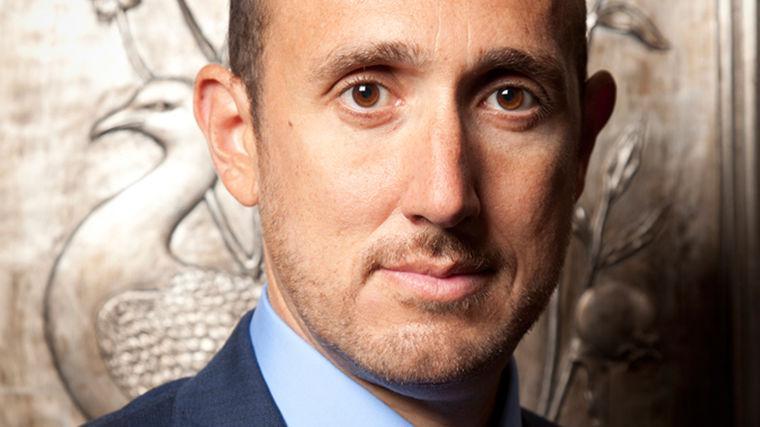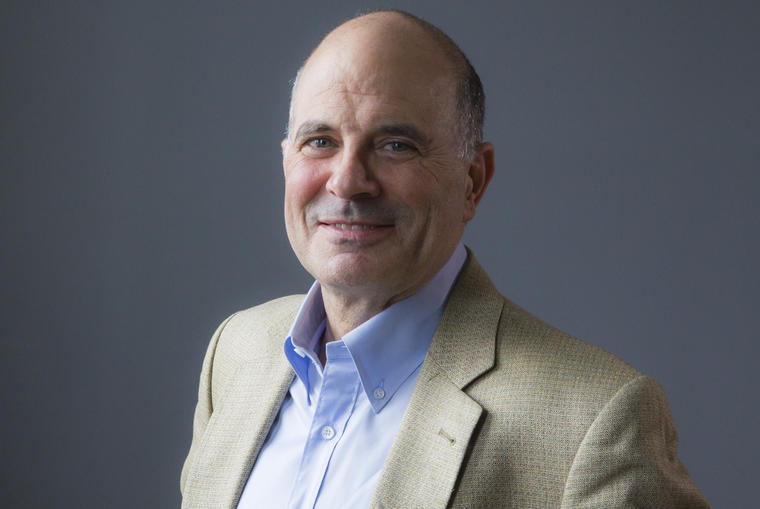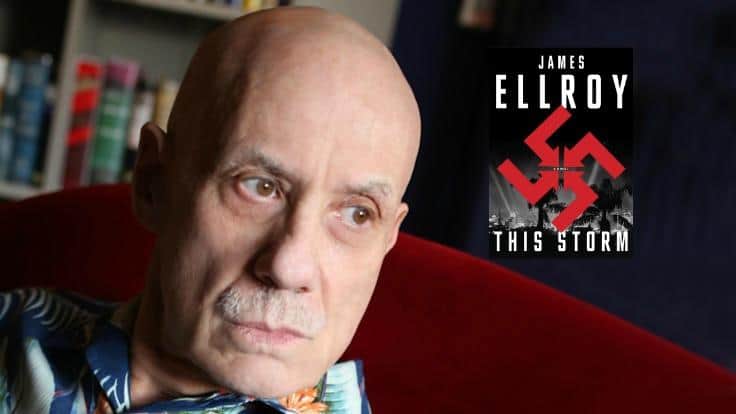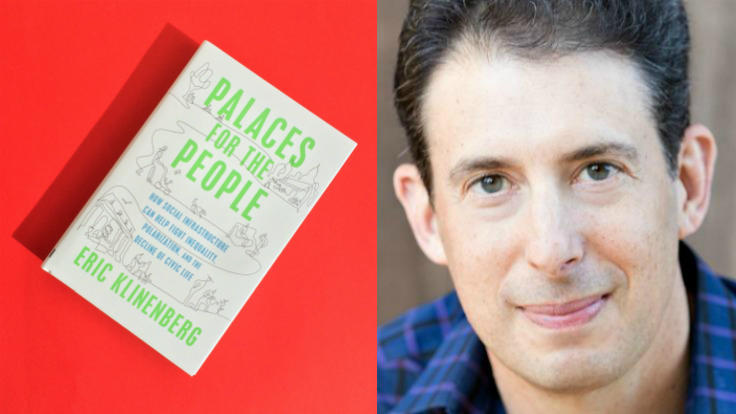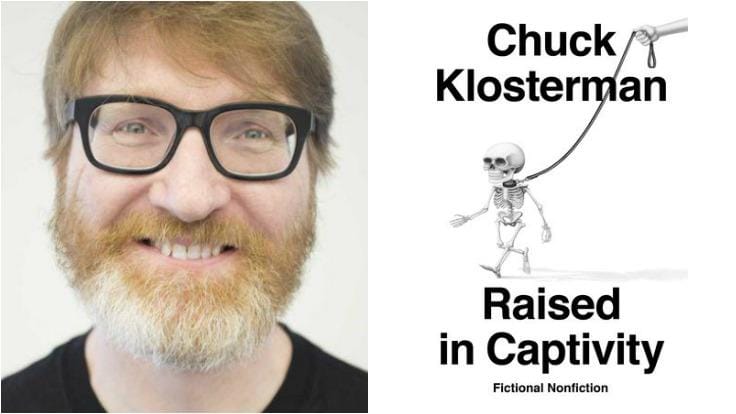Join Naomi Klein, Angela Duckworth, Wajahat Ali, and many more of the world’s top thinkers at What’s the Future @ Lavin Live—a free virtual event diving into the enormous challenges we’re all facing as a result of COVID-19.
The longer we stay under lockdown, the less likely we are to return to a world that feels familiar. From the devastation of the economy, to the newfound apprehension we experience every time we leave the house, it’s clear that there will be significant—and lasting—changes to our lives.
What’s the Future @ Lavin Live is a free virtual event designed to ease some of that uncertainty. No one knows for sure what tomorrow will bring, but we’ve gathered some of the world’s brightest thinkers to help us envision the legacy the pandemic will leave in its wake. Join host Misha Glouberman as he talks to the world’s leading scientists, journalists, economists, and public intellectuals on April 27th—29th, from 3PM to 5PM EST every day.
Check out our full line-up below and make sure to register so that we know you’re coming!
Event Breakdown
April 27th: Personal
How do we cope with the new “normal” of self-isolation—and the fear, anxiety, and loneliness that comes with it? Offering hope and compassion, the Lavin speakers on Day 1 will help us navigate the ups and downs of our mental health.
Angela Duckworth—#1 New York Times Bestselling Author of Grit
Dan Lerner—Professor of NYU’s Most Popular Elective, The Science of Happiness
Steven Pinker—New York Times Bestselling Author of Enlightenment Now
Eric Klinenberg—New York Times Bestselling Author of Palaces for the People and Co-Author of the #1 NYT Bestseller Modern Romance
Lori Gottlieb—New York Times Bestselling Author of Maybe You Should Talk To Someone and The Atlantic’s “Dear Therapist” Columnist
April 28th: Business
The novel coronavirus is unlike anything we’ve ever experienced, and its impact on business will be felt for years to come. The Lavin speakers on Day 2 show us how we can adapt to uncertainty, foster resiliency, and innovate our way through to the other side.
Nicholas Thompson—Editor-in-Chief of WIRED
Chris Clearfield—Co-Author of Meltdown, Winner of the Thinkers50 Strategy Award
Jeremy Gutsche—New York Times Bestselling Author of Create the Future
Stephanie Mehta—Editor-in-Chief of Fast Company
April 29th: Society
How we respond to the pandemic now will influence the society we will have in the future. What kind of world do we want to live in? The choice is ours. The Lavin speakers on Day 3 help us understand this disruption through the lens of our political and economic institutions.
Naomi Klein—Bestselling Author of The Shock Doctrine in conversation with Shoshana Zuboff—Bestselling Author of The Age of Surveillance Capitalism
Jelani Cobb—Staff Writer at The New Yorker in conversation with Wajahat Ali—New York Times and CNN Contributor
Daron Acemoglu—MIT Economist and Co-Author of The Narrow Corridor
Margaret Atwood—Booker Prize-Winning Author of The Handmaid’s Tale and The Testaments
To book one of these talented speakers for your next virtual event, contact The Lavin Agency today and connect with a member of our sales team.
